Is being a Scientist your dream career option? Check out the complete step by step process on how to become a Scientist, Eligibility, Exams, Skills Required and Salary in 2024.
A scientist is someone who systematically gathers and uses research and evidence to make hypotheses and test them, to gain and share understanding and knowledge. They are involved in a wide range of activities, from conducting experiments in a lab to making observations in the field. They use the scientific method to test hypotheses, collect and analyze data, and draw conclusions.
How to Become a Scientist? Candidates who want to begin their career as a scientist must pursue their bachelor’s, master’s, and doctorate degrees in science & technology fields. Moreover, they should opt for specialised certification courses & gain work experience through internships and jobs. On average, it takes around 8-10 years to become a scientist.
As per the Bureau of Labor Statistics, the employment of computer and information research scientists is projected to grow 23% from 2022 to 2032. There are around 3600 new openings for scientist roles each year on average and the graph is expected to grow on a higher scale over the next decade. Moreover, the average scientist's salary in India is INR 5,30,052 per year.
Table of Contents
- How to Become a Scientist in India?
- Who is a Scientist?
- What is the role of a Scientist?
- Types of Scientists
- Career Scope for Scientists in India
- Scientist Salary in India
How to Become a Scientist in India?
Students who wish to become scientists in India must start with their preparation well in advance. From the very beginning, they must choose relevant subjects so that they can accordingly shape their career journey. Check out the following steps to learn the process of becoming a scientist in India:
- Step 1: Identify Skills
- Step 2: Acquire a Bachelor’s and Master’s Degree
- Step 3: Gain Relevant Work Experience
- Step 4: Pursue a Doctorate Degree
- Step 5: Opt for a Specialised Certification
- Step 6: Look for Job Opportunities
- Step 7: Start a Career
Step 1: Identify Skills
First of all, candidates aiming to become scientists must ensure they have the necessary soft and hard skills. Some of the major skills required for scientists are given below:
Soft Skills Required to Become a Scientist
Below listed are the required soft skills to become a Scientist:
- Communication: The candidate must be able to communicate critical information to the teammates without using any technical jargon to ensure the information is delivered correctly.
- Time Management: Must be able to manage time effectively to organise and deliver their everyday tasks as per the plan.
- Strategic Thinking: Candidates need to develop strategic thinking as it helps them to come up with excellent ideas and innovation in solving critical problems.
Hard Skills Required to Become a Scientist
Below listed are the required hard skills to become a Scientist:
- Data Analysis: This is one of the most common and important skills a candidate must have as using data analysis and data visualization and working with large data sets is a part of the everyday task for Scientist
- Problem-Solving: The job role of a scientist involves problem-solving as the major factor in any new features or innovations that are being created hence it is important to have strong problem-solving skills
- Math Skills: It is considered one of the most important skills for conducting any type of research as it helps the scientist to make decisions based on empirical data and evidence.
Step 2: Acquire a Bachelor’s and Master’s Degree
In 10+2, candidates should take up PCB or PCM subjects. Further, they must hold a bachelor’s degree in fields like physics, astronomy, mathematics, biology, geology, social sciences, etc. They can also choose to study professional degree programs like B.Tech, B.Sc, or B.Pharma.
After completing a bachelor’s in a relevant discipline, students should go for a master’s program. They can obtain an M.Sc degree in subjects such as Biology, Mathematics, Chemistry, Physics, Pharmacy, Nursing, Botany, and Zoology. Given below are the undergraduate and postgraduate programs that can be taken by students to become a Scientist:
Undergraduate Degrees
Students aiming to become a scientist can get started by pursuing an undergraduate degree such as BSc in Physics, BSc in Mathematics, BA in Social Sciences, etc. Listed below are some of the undergraduate degrees that can be pursued by students to become a Scientist:
|
Courses |
Entrance Exam |
Top Colleges |
|
JEE Main, JEE Advanced, BHU-UET |
Indian Institute of Science, Delhi University, St.Stephen’s College |
|
|
BHU CUET, CUET, DUET, UPCATET |
Indian Statistical Institute, BHU, Christ University |
|
|
CUET UG, NPAT, IPU CET, BHU UET |
Shri Ram College of Commerce, LP Hansraj College, Hindu College |
|
|
CUET, SET, IPU CET, MET, DSAT |
WCC, Stella Maris College, Presidency College |
|
|
BSc Astronomy |
CUET, NPAT |
Symbiosis Institute of Computer Studies & Research, DAV College, Loyola College |
Also, Check: Courses After 12th Science
Postgraduate Courses
To enhance their skills and knowledge further and for better career opportunities, students can opt for higher studies in the areas of Physics, Chemistry, Mathematics, etc. Given below are some of the postgraduate courses that can be pursued by students to become a scientist:
|
Postgraduate Courses |
Entrance Exam |
Top Colleges |
|
BHU UET, BITSAT, IPU CET, UPSEE, JNUEE, NPAT, TISS NET |
Shri Krishna University, Loyola College, PACE Institute of Technology |
|
|
BHU UET, BITSAT, CUET PG |
Delhi University, Jamia Millia Islamia University, Jadavpur University |
|
|
CUET PG, IIT JAM |
Delhi University, Madras Christian College, Bharathiyar University |
|
|
TISS NET, BHU UET |
Ramakrishna Mission Vivekananda College, Presidency College, Christ University |
Step 3: Gain Relevant Work Experience
The next step is to have valid work experience. Students can practice in public or private organisations to get familiar with the work culture and research setting related to their fields.
Moreover, students can also approach research centres or laboratories to pursue internships. Further, they should look for opportunities for writing and publishing research papers and journals.
Step 4: Pursue a Doctorate Degree
With a doctoral degree, students will be considered experts in their respective fields. Moreover, the completion of a PhD degree will enhance the chances of better job opportunities. Students must pursue a PhD in one of the following subjects to become a scientist:
Step 5: Opt for a Specialised Certification
It is recommended that students pursue certifications that are relevant to their field. Not only it will add value to their resume but will also help them land well-paying career opportunities. Some of the certifications that they can pursue are as follows.
- Quantum Mechanics for Scientists and Engineers 2
- Image Processing and Analysis for Life Scientists
- LaTex for Students, Engineers, and Scientists
- Introduction to Translational Research: Connecting Scientists and Medical Doctors
Step 6: Look for Job Opportunities
After completing the required certifications and internships, students must upload their resumes on various job portals. It is advisable to apply to a number of job openings to increase the chances of getting selected. Further, they must prepare themselves well for various job interviews.
Also, Check: How to Introduce Yourself in an Interview?
Step 7: Start a Career
Lastly, candidates are all set to get started with their careers. There are different types of scientists and varied job roles. So now is the time for students to find a suitable role and kickstart their career journey as a scientist.
How to Become a Scientist in ISRO?
One of the best ways to become a scientist in ISRO is by gaining admission into the Indian Institute of Space Science and Technology (IIST). ISRO recruits candidates from IITs, NITs, & several other esteemed universities. Check the points below for further information.
- Obtain a degree in programs like Mechanical Engineering, Engineering Physics, Aerospace Engineering, Radio Engineering, etc.
- At least 65% marks are required by candidates in their degree programs.
- Students should also take up the ICRB exam to get employed as an engineer or scientists in ISRO.
Also, Check: ISRO Scientist Salary
How to Become a Scientist in NASA?
A student should possess several educational degrees to get hired by NASA. Check out the requirements below.
- The minimum educational requirement is a master’s degree in biological and physical sciences. However, a PhD degree will be very beneficial for students willing to become a scientist at NASA.
- Once students complete their bachelor’s & master’s degrees, they should apply for various programs offered by NASA.
- Another requirement is that candidates should have their work published in well-known journals or have references from renowned scientists.
How to be a Scientist in CSIR?
Short for the Council of Scientific and Industrial Research, CSIR is a top-notch institute in the science & tech field. There are 38 CSIR labs around the country. Read through the information below in order to become a scientist in CSIR.
- CSIR offers scholarships to students who hold a doctoral degree.
- Many candidates are hired across the country through the recruitment process conducted by CSIR. The Recruitment and Assessment Board (RAB) is responsible for managing the CSIR recruitment process.
- The minimum qualification needed to become a scientist in CSIR is B.Tech/B.E/M.Sc in appropriate disciplines. Additional qualifications can be obtained by students to improve their employment prospects.
- Those candidates who are employed as research fellows in CSIR stand higher chances of getting the post of a CSIR scientist.
- A student can take the CSIR NET JRF examination to work as a research fellow in CSIR.
Who is a Scientist?
Scientists are professionals who are responsible for carrying out systematic and extensive research in a particular field. They collect information through several testing methods and analyses to gain and share knowledge. A candidate must be passionate enough to become a scientist, as the career path is not so easy.
What is the Role of a Scientist?
Scientists carry out laboratory-based experiments in various fields like chemistry, computer science, physics, medicine, environmental science, etc. Some of the major roles of a scientist are:
- Planning and carrying out experiments
- Working on reports and research papers
- Gathering samples and carrying out different fieldwork
- Analysing data and tracking experiments
- Demonstrating procedures
- Training members from the junior staff
- Staying updated with recent scientific research developments
Top 6 Types of Scientists
There are many industries, disciplines, and research fields where scientists can choose to work. Below is a brief description of the different types of scientists.
1. Biologists
Biologists mainly study the life processes and functions of living organisms like animals, plants, and microbes. Generally, they specialise in one of these biology disciplines: marine biology, ecology, toxicology, and genetics.
2. Astronomers
Astronomers acquire knowledge of celestial bodies, including stars, galaxies, and planets. Some of the specialisations available are solar astronomy, physical cosmology, and planetary science.
3. Physicists
These scientists are responsible for conducting research in the area of physics and its branches, such as engineering, quantum, particle, and applied physics. They concentrate on analysing the nature of matter, physical reality & energy.
4. Botanists
Botanists focus on studying plant-based life forms & the living environments associated with them. In botany, these scientists research fields like plant medicine, soil, chemical compositions, etc.
5. Microbiologists
Microbiologists study micro-organisms that are not visible to the human eye. Their specialisation is focused on various types of microbes, including fungi, bacteria, and viruses and the interactions of these microbes with living organisms.
6. Computer Scientists
There is a huge demand for computer scientists in recent times. Essentially, their studies are related to computer systems & their functions, capabilities, and development.
Also, Check:
| Career as a Data Scientist | Career as a Forensic Scientist |
Career Scope for Scientists in India
Students should opt for a career as a scientist if they have an interest in the field of Science and Research. Students can explore a wide range of career options in this area. Here is the list of industries that offer abundant scientist jobs:
- Indian Ministries - Mining, Geology, Ore, & Archeology
- Research Centers/Institutions
- Aeronautical Associations
- Food and Beverages
- Mining Industry
- Animal Care Centers
- Wildlife Sanctuaries
- Medical Centres
- Manufacturing & Warehouse Units
- Healthcare Centres
Also, Check: Career Options after 12th Science PCM
Scientist Salary in India
The average scientist's salary in India is INR 5,30,052 per annum. Check out the scientist salary in India for different job roles below.
|
Job Profile |
Average Entry-Level Salary |
Salary After 3+Years of Experience |
|
Botanist |
INR 4.9 LPA |
INR 8.4 LPA |
|
Microbiologist |
INR 3.4 LPA |
INR 7.7 LPA |
|
Meteorologist |
INR 3.5 LPA |
INR 6.8 LPA |
|
Agronomist |
INR 4.1 LPA |
INR 6.9 LPA |
|
Epidemiologist |
INR 5.1 LPA |
INR 9.3 LPA |
|
Geologist |
INR 5.9LPA |
INR 12 LPA |
|
Marine Biologist |
INR 6.8 LPA |
INR 10.4 LPA |
|
Astronomer |
INR 9.4 LPA |
INR 12.3 LPA |
Top Companies Recruiting for Scientist Roles
Several companies hire scientists at starting, mid-level, and senior-level positions in various fields. Here we have provided the list of top recruiters for the reference of candidates.
- Indian Airforce
- National Aeronautics and Space Administration (NASA)
- Archaeological Survey of India (ASI)
- International Flavors & Fragrances India Ltd
- Indian Institute of Science Education and Research (IISER)
- Aeronautical Development Agency (ADA)
- National Centre For Cell Science (NCCS)
- Ministry of Mines
- Institute for Stem Cell Biology and Regenerative Medicine (InStem)
Pros and Cons of Becoming a Scientist
Since students have gained an understanding of the steps to become a scientist, they must also look into the pros and cons of this profession below.
Pros of Becoming a Scientist
- Job security: Becoming a scientist ensures job security, and scientists can work in their respective fields from any laboratory across the world.
- High salary: Top organisations like ISRO, IISER, and NCCS hire scientists and offer lucrative salaries. However, the salaries shall vary in different organisations and research labs.
- Constant learning & creativity: Scientists keep learning as they come across new ideas, technologies, inventions, and discoveries now and then.
- A reputed profession: The profession of a scientist is regarded as one of the most reputed professions in India as well as abroad.
Cons of Becoming a Scientist
- Long working hours: Scientists have to conduct extensive research and experiments, which leads to long working hours & fewer interactions with family and friends.
- Lack of professional growth: Sometimes, it happens that scientists keep working on a single project for their entire life. This hinders their professional growth and development.
- Costly affair: At times, scientists are required to carry out costly experiments, which becomes a matter of concern.



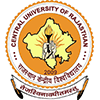







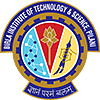








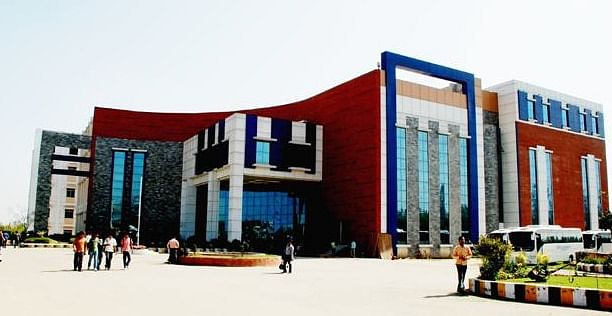









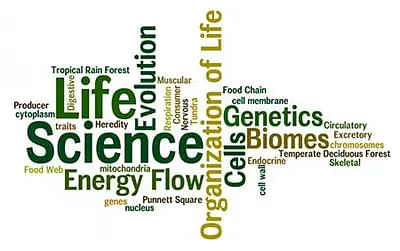


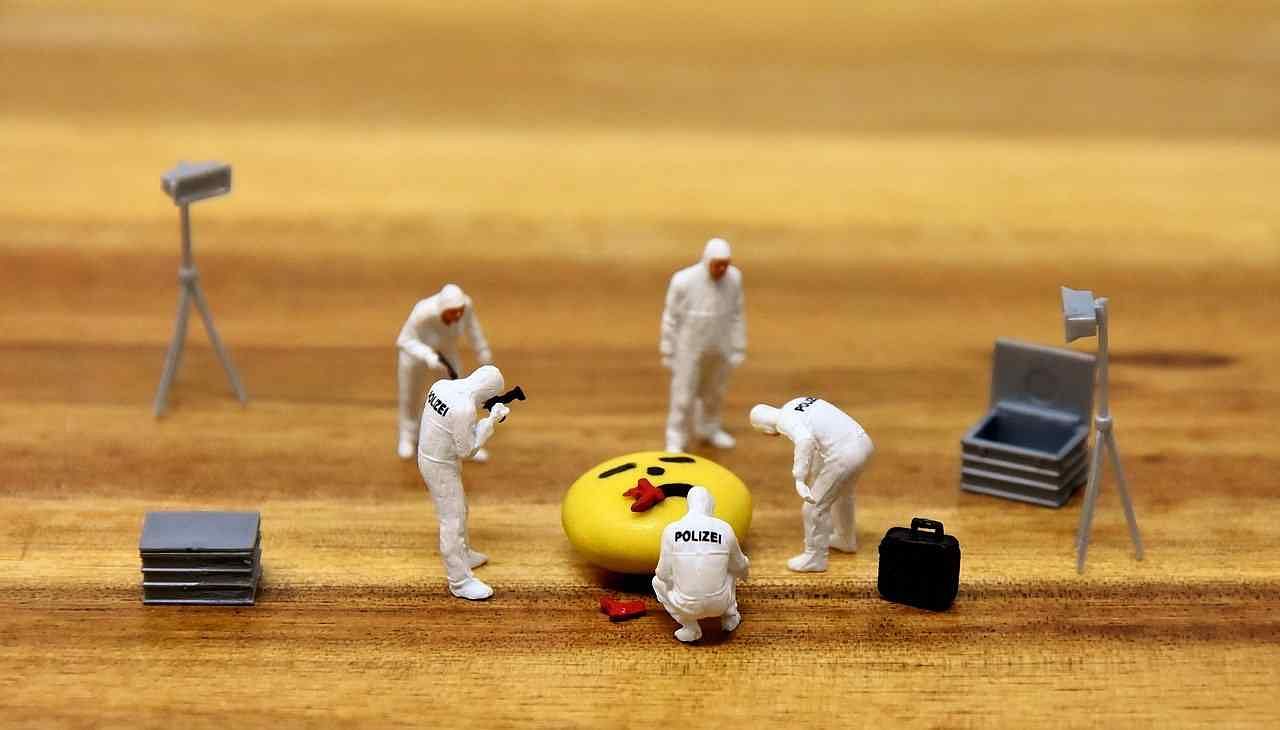


POST YOUR COMMENT